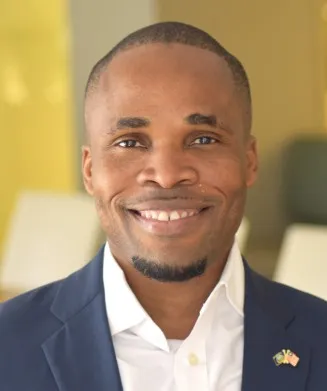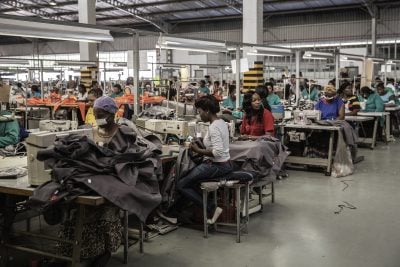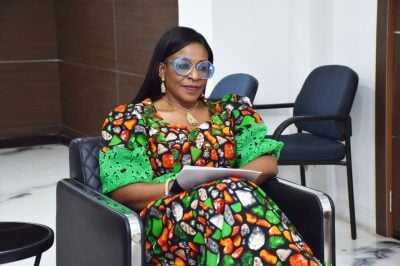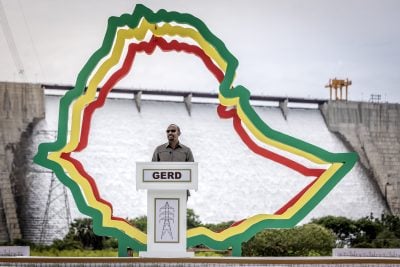Every country has learned something about themselves, the world, and their place in it in the wake of the Covid-19 pandemic. These lessons will inform how they emerge from the other side of the public health crisis and the economic fallout it has triggered. This piece focuses on four interrelated lessons that have emerged about Africa and its place in the world.
We must break free of the tyranny of low expectations
As the health crisis unfolded across the world, concerns understandably arose about how Africa, with its weak public health infrastructure, would withstand the onslaught of a global infectious disease outbreak.
When our worst fears did not initially materialise and the early numbers from Africa confounded expectations, the response was disappointing but unsurprising. The conversation was not about attempting to understand what Africa had done well that could be replicated elsewhere. Rather, the discourse seemed tinged with surprise that Africa was not living up to the low expectations.
We have spent the last two decades railing against an inexorably negative image of Africa. There have been campaigns of “Africa Rising,” “Lions on the Move,” and “Africa’s Century.” But none of those campaigns appears to have altered low international expectations of Africa.
Africa needs to set its own expectations. But Africa’s promising early response to this outbreak has not led to public discussions about investing in public health by African governments.
The continent must not interpret the avoidance of a worst-case Covid-19 scenario as a ringing endorsement of its long-term underinvestment in public health.
Africa cannot rely on handouts
Without a seat at the table and a voice in setting the agenda, Africa is invariably placed at the end of the line. Mostly wealthy governments have spent close to $12 trillion propping up their economies against the Covid fallout, according to the IMF, with the cost of borrowing particularly cheap.
But Africa’s meagre goal of $300bn in concessional lending over three years to blunt the impact of the crisis remains unfulfilled, suggesting that the continent is still not seen as a priority for global economic policymakers.
Then there are the vaccines. While some philanthropists and Western donors put money into Covax, the global effort to strengthen vaccine access for the poor, for the most part Western governments remain focused on their own countries.
As Western governments poured billions into vaccine development and secured advance access to millions of doses, a US government official likened the process to donning oxygen masks on a plane – you put on your mask before you help others. However, this metaphor raises a problem – what happens to everyone else if masks are only available in business class?
This is not the last health crisis we will face, nor is it the last economic crisis. A world in which we are invariably looking for handouts, depending on someone to come and save us, is one in which we are perennially last.
We cannot allow the AfCFTA to fail
China recently unveiled its new economic vision – one in which the US is no longer the centre of global demand. Its “dual circulation” strategy aims at reducing the country’s dependence on overseas markets and technology in its long-term development. Chinese President Xi Jinping raised the idea in May and later explained that the country will rely on internal circulation for domestic production, distribution, and consumption, supported by innovation and upgrades in the economy.
In truth, there is nothing new about this and it appears that the pandemic has only accelerated China’s predetermined course, but it could have severe implications for Africa, which has become increasingly economically dependent on China.
In the grand economic visions of the future – whether was the US decoupling from the world economy under President Trump or dual circulation in China – Africa plays no meaningful role. This is understandable given that regional integration in Africa remains non-existent, except on paper. If African leaders needed a clear justification for not letting the AfCFTA flounder, this is it.
Africa must prepare for a world beyond oil
Across the world, nations, regions, and private companies have made massive bets on a post-carbon future. Large investors are reducing their exposure to fossil fuel assets. Investment in oil and gas is now seen as inherently riskier than in renewables.
Nothing drives home this point better than Tesla. The company, which will produce about 500,000 electonic vehicles this year, has blown past a market cap of over $500bn dollars and is more valuable than Toyota, Daimler, Volkswagen, and Honda combined.
These companies will produce over 25m vehicles this year. Toyota alone will make more vehicles than Tesla has made during its entire existence, but investors have bet that Tesla is the future, and that future portends deep pain and scars for Africa’s petroleum-exporting economies and their role in the region.
As tragic as the Covid crisis could be, it has at least given us a taste of what the state of government revenues would be – permanently – when large petroleum assets become stranded. That future carries implications for all our exports and our own economic growth.
Gyude Moore is a senior policy fellow at the Center for Global Development. He previously served as Liberia’s minister of public works.
Want to continue reading? Subscribe today.
You've read all your free articles for this month! Subscribe now to enjoy full access to our content.
Digital Monthly
£8.00 / month
Receive full unlimited access to our articles, opinions, podcasts and more.
Digital Yearly
£70.00 / year
Our best value offer - save £26 and gain access to all of our digital content for an entire year!
 Sign in with Google
Sign in with Google 



